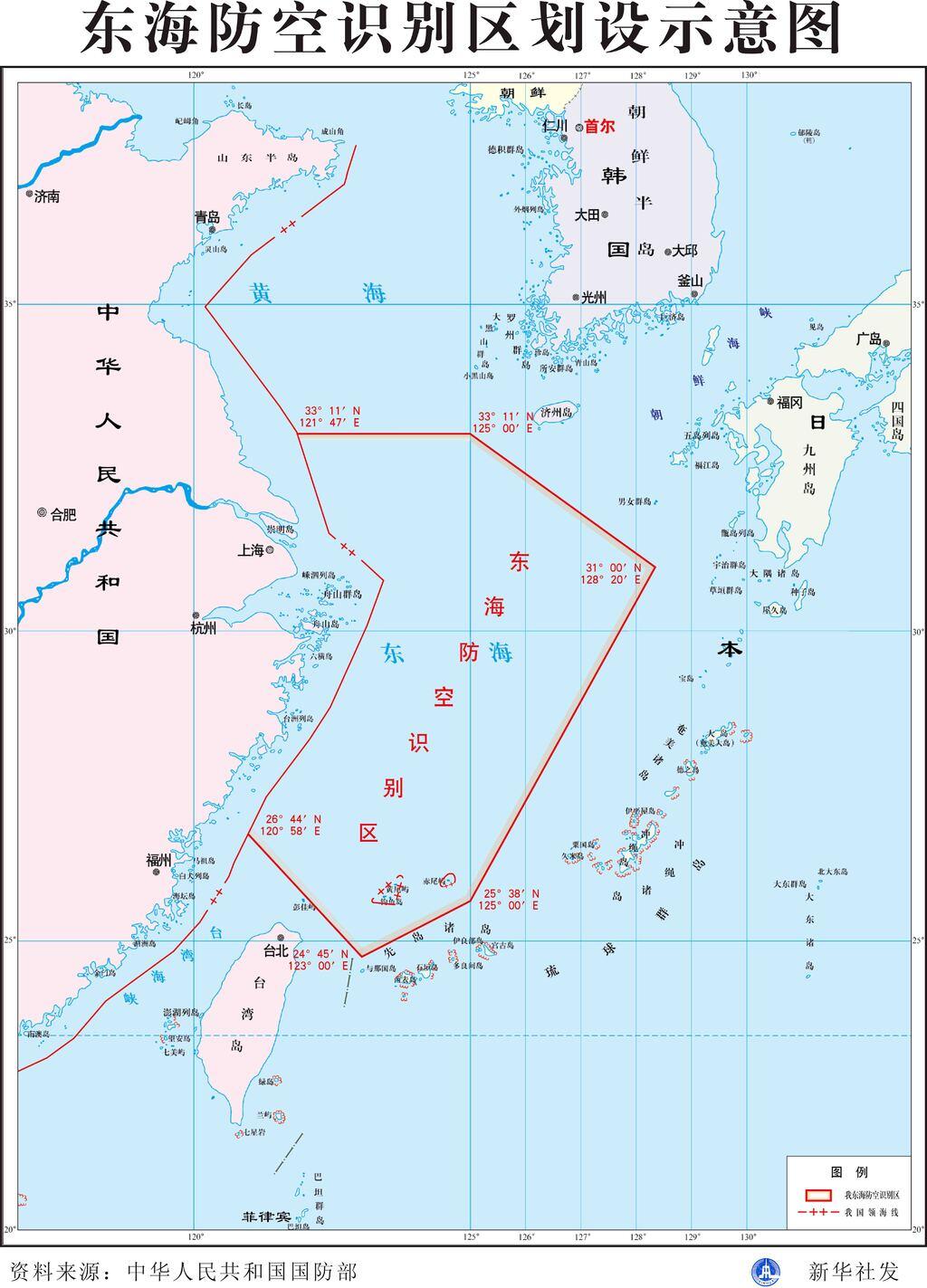Iran nuke deal: I think I will go with the consensus of those who think that war is not so easy: this agreement does what we want it to do--freeze Iran's program and even reverses a smidge (diluting some of the nuclear materials) without more blood and treasure paid by the US and its allies at a time where we cannot really afford more blood and treasure.
- Israeli politicians are not happy. Sucks to be them, but American interests come first for the US. Given what the Israeli stock market is doing today, it might be the case that Obama is doing a better job of looking out for Israel's interests than Israeli politicians.
- It looks to contain the verification stuff needed to limit although not eliminate cheating.
- Keep in mind that the US military, represented by former CJCS Mullen, resisted the Bush Administration's push towards war. If the US military does not want war with Iran, the fans of war might just want to take a breath or two.
- Perfect is the enemy of the good enough. Is this agreement perfect? Probably not. Is it good enough? Sure looks like it.
- Who appoints people to the Loya Jirgha? President Karzai. So, either the folks there are biting the hand that selects them or Karzai's game is even more complicated than we thought.
- I think this is in character--Karzai has never wanted to own the war, so why should he take ownership of the peace?
- There is a big difference between the bargaining over Iran (see the link at the top) and here. In the Afghanistan post-2014 case, the bargaining power really is on one side. The US can leave. If it leaves, it takes its support of the Afghan National Army with it. This move would greatly threaten the security of those in power in Afghanistan now. Afghanistan cannot threaten US interests in the same way as Iran (cut the Strait of Hormuz, etc). Afghan leaders might think the US is bluffing, but when the US could not work out a SOFA that would keep a residual presence in Iraq, the US left. Iraq is far more important for American interests, and the sunk costs of Iraq >>> sunk costs in Afghanistan. So perhaps this is all Karzai's dance to distract folks from the reality that the agreement is very much a win for the US
- no promise of treating Afghanistan like NATO (if Pakistan attacks, which, it really has been doing via its support of the Taliban and others);
- US continues to have night raids but restricted somewhat;
- US prosecutes American troops if they are accused of committing crimes, not the Afghan government.
The big and most important disagreement of the past few days:
This is a map between China, Japan and South Korea where the Chinese essentially define a heap of airspace as being under their control. Expect more confrontations between Japan and China. This is really bad news, folks. I am not sure what is driving China these days, but it is not so secretly becoming pretty damned belligerent. Its response on typhoon relief in the Philippines has won it no friends.

No comments:
Post a Comment